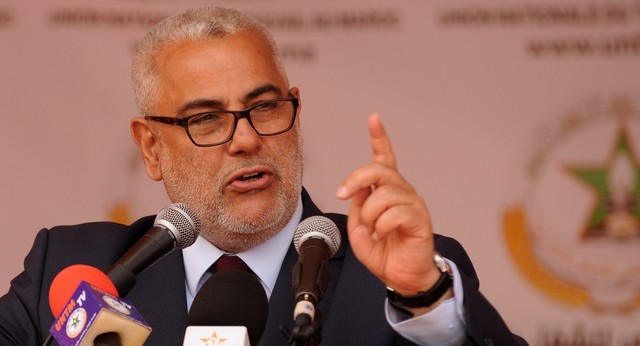Source: FRIDE
Like their Islamist counterparts in Egypt and Tunisia, Morocco’s party of Justice and Development (PJD) rode the 2011 wave of popular protests to become the largest party in parliament (winning 107 of a total of 395 seats). That result forced an unenthusiastic King Mohammed VI to appoint the PJD’s leader, Abdelillah Benkirane, to head a new government in November 2011. By the summer of 2013 however, Islamists’ political fortunes everywhere were hitting a low ebb. From the Muslim Brotherhood's dramatic fall in Egypt to the fracturing of its affiliate in Jordan, along with the resignation of Islamist parties from governments in Libya (Justice and Construction Party) and Tunisia (Ennahda movement) in early 2014 (for very different reasons), Islamists seem to have lost the political initiative of the ‘Arab spring’. Only Benkirane is still hanging on to his job, having survived months of political deadlock after the withdrawal of the pro-palace Istiqlal party from the governing coalition in early July 2013...
This policy brief was originally published in FRIDE. Read the full text on the FRIDE website.







